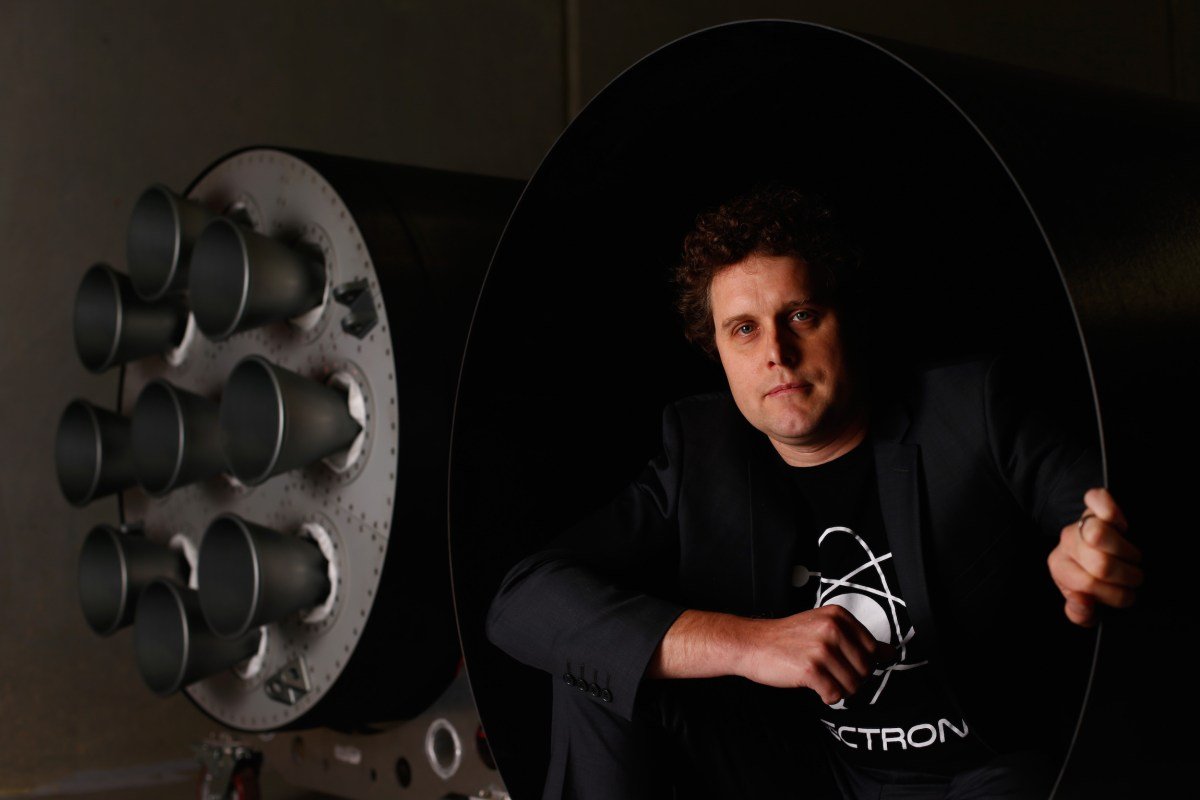The Space Development Agency has been revealed as the mystery customer for Rocket Lab’s impressive order of 18 satellites worth up to $515 million. In a joint announcement today, the two companies disclosed that the contract is for a crucial part of the SDA’s expansive collection of military satellites known as the Proliferated Warfighter Space Architecture (PWSA).
The initial amount for the agreement is set at $489 million, with additional opportunities amounting to $26 million.
In a filing from December 21, Rocket Lab had stated its commitment to “design, manufacture, deliver and operate 18 space vehicles” for an unnamed U.S. government client.
The SDA has already awarded numerous contracts for PWSA and this particular allocation is for a section known as the Tranche 2 Transport Layer (T2TL), as well as a variant known as Beta. The agency has previously granted contracts for 72 T2TL Beta satellites, valued at a staggering $1.5 billion, to Northrop Grumman and Lockheed Martin.
Under this latest contract, Rocket Lab will develop and operate a prototype constellation consisting of two orbital planes, each with nine satellites. The expected launch date for these satellites is no later than July 2027. The communications payload, however, will not be provided by Rocket Lab and the company has chosen not to disclose the provider at this time.
“We are excited to welcome Rocket Lab as the newest addition to Team SDA and our third performer on the T2TL-Beta program,” declared SDA director Derek Tournear. “Their selection as a new prime and bus provider highlights SDA’s commitment to our mission, including the growth and innovation of the marketplace necessary to sustain our proliferated architecture on two-year spirals.”
This new contract is the largest in Rocket Lab’s history and a significant portion of the work will be completed within the next three years. As part of the agreement, the company will operate the satellites up until 2030, with an optional extension until 2033. All 40 satellites will be manufactured at Rocket Lab’s spacecraft development and manufacturing complex in Long Beach, California.
“As we were expecting to see, this contract marks the culmination of a deliberate and strategic investment in our space systems business,” said Rocket Lab CEO Peter Beck during the press conference. “We have purposefully acquired several key space technologies and also made internal investments, all with the goal of delivering industry-leading quality, performance, and schedule.”
Going into more detail about Rocket Lab’s moves towards vertical integration, CTO Adam Spice remarked during the press release, “This contract is a result of our commitment to developing a comprehensive and robust space systems business. We have not only acquired essential space technologies but also focused on organic investment, which has enabled us to deliver superior standards of performance and meet timelines.”
Spice also hinted at the company’s plans beyond the T2TL-Beta program, stating, “We have no intention of stopping here and will continue to submit proposals for other initiatives.”








